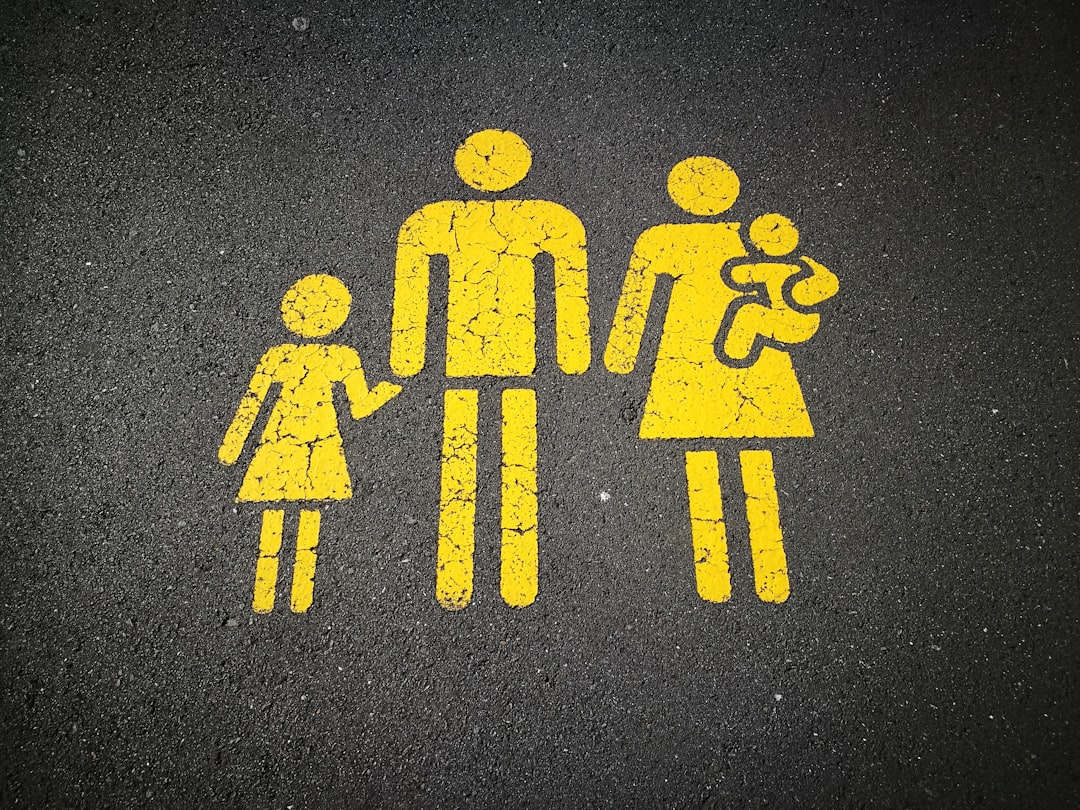What is it about?
While autobiographical memory refers to recollections of experiences that involve the self, vicarious memories are not personally experienced and are created from the life experiences that others verbally tell us about. This study had adults and college students write about personal memories they shared with a parent and vicarious memories a parent shared with them with an aim of understanding how and when the qualities (like vividness or emotional intensity) of positive and negative personal and vicarious memories differ. Along with rating the qualities, they also rated to what extent they use these different memory types to help form a sense of identity, maintain social bonds, and plan future behaviors. Previous research has found differences between personal and vicarious, positive and negative memories, but no studies have done so with adults in their 50s and 60s. The results showed that college students consistently rated their personal memories higher than their vicarious memories, both in terms of the quality of the memories and for the purpose the memory served. For adults, a different pattern emerged for their ratings of maintaining social bonds and planning future behaviors. They reported that a negative memory from their own life helped them to plan future behaviors to the same extent as a negative memory they heard secondhand from their parent’s life story, and, in one study, that the negative memory from their parent’s life influenced their relationships with others more than a negative memory from their own life.
Featured Image

Photo by Annie Spratt on Unsplash
Why is it important?
Previous research with college students has always found that they rate their personal memories higher than their vicarious memories. The two memory types are similar, but college students rate their own higher. This study demonstrates that adults in their 50s and 60s show a different pattern for their ratings of maintaining social bonds and planning future behaviors. They reported that a negative memory from their own life helped them to plan future behaviors to the same extent as a negative memory they heard secondhand from their parent’s life story, and that the negative memory from their parent’s life influenced their relationships with others more than a negative memory from their own life. It is important for mid-life and older adults to know and remember negative events from their parents’ lives.
Read the Original
This page is a summary of: Positive and negative vicarious memories in college students and adults., Journal of Applied Research in Memory and Cognition, September 2023, American Psychological Association (APA),
DOI: 10.1037/mac0000135.
You can read the full text:
Contributors
The following have contributed to this page










